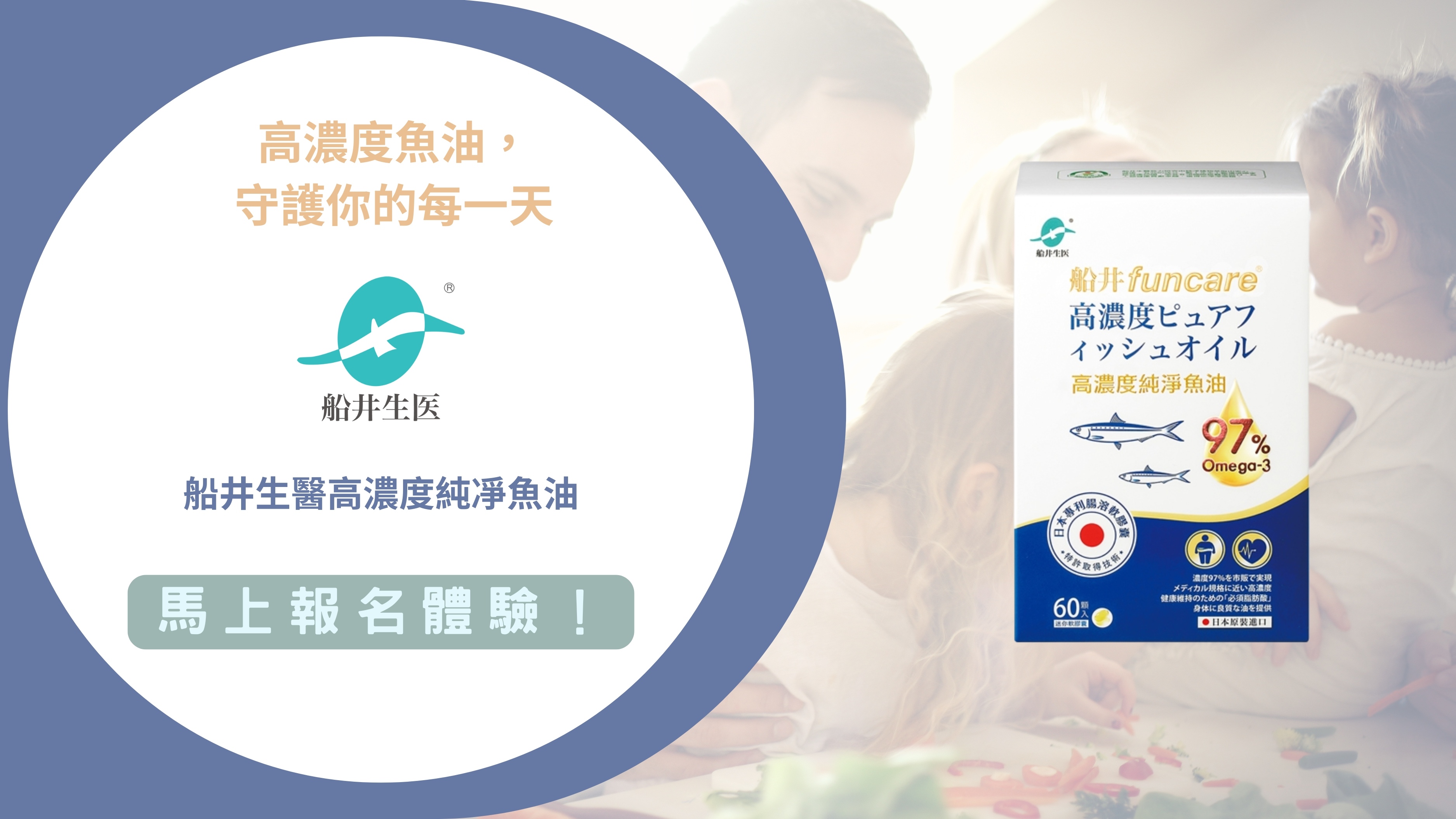口語中文有許多語助詞,例如:了、吧、嗎、啦、喔、呀...等等
跟朋友聊天時,加上一個簡單的語助詞,可以讓句子變得更生動
但卻鮮少出現在正式的文章中,只能在電影字幕、歌詞或非正式的網路文章見到
因此,許多外籍人士對於學習口語語助詞,都相當困惑~
一位美國同事下班時,時常對著我說:我要走!
剛開始,我常常被她堅定的口氣嚇到 ,後來,她才慢慢學會:我要走囉~~~~~
是不是溫和許多呢呵呵
今天朋友問我語助詞怎麼使用,所以我查了一些資料,跟大家分享一下:
|
發音 |
意義 |
例子 |
|
|
ha (various tones, usually hā) |
laughing |
"哈哈哈,好好笑!" (Haha, very funny!) |
|
|
hng, heng |
grunt |
"哼,好吧。" (*grunt* OK then / I understand.) |
|
|
wā |
exclamation of wonder, similar to "Wow!" In Taiwan, 哇塞 (wa1sai4) can be used interchangeably. |
"哇!很漂亮!" (Wow! So pretty!) |
|
|
a (various tones) |
yelling, exclamation of surprise |
"啊,你怎麼了?" (Ah, what's with you?) |
|
|
hēi |
equivalent of English "hey" |
嘿,來這裡! (Hey, come here!) |
|
|
hāi |
"hello", borrowed from English |
嗨!你好嗎? (Hello! How are you?) |
|
|
yā |
used to express surprise |
好漂亮呀! (wow its beautiful!) |
|
|
ya (toneless) |
used to ask a question, but "softer" than 嗎 "ma" |
||
|
喔 |
é, ó, ò |
used in instances of surprise, similar to "oh really?" |
喔?是嗎? (Oh? Really?) |
|
ēn, ng |
a grunt of acknowledgment, parallel to a phrase such as "I understand" |
嗯。 (I understand.) |
|
|
āi |
An exclamation of surprise or pain. Alternatively can be used in the context of "Alas" |
唉,好痛啊! (Ahh! So painful!) 唉,原來如此 (Alas, is that so...) |
|
|
la (toneless) |
Written depiction of singing; 了 le plus 啊 a |
啦啦啦 (Lalala...); 他来啦! tā lái la! ( 他来了 + 啊) |
|
|
yí |
Expression of surprise |
咦?這是什麼?(Eh? What's this?) |
|
|
ǎi, ê |
sigh |
欸…… (*sigh*) |
|
|
囉 |
lou |
A slight tone to express kindness, and also have a meaning of ending. |
寫好囉!(I've finished the writing.) 我走囉!(I am leaving.) |
Reference:
https://en.wikipedia.org/wiki/Chinese_exclamative_particles


 留言列表
留言列表


